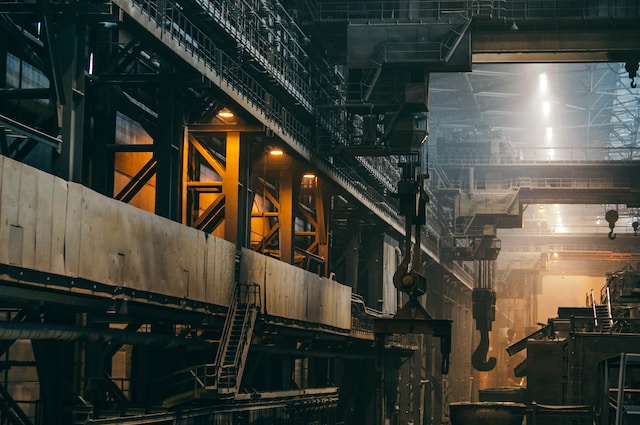Giambattista Valli dazzles Barcelona during the Bridal Night
Anaqua transforme l’extension de brevets à l’international en avantage stratégique pour les professionnels de la PI
Anaqua transforme l’extension de brevets à l’international en avantage stratégique pour les professionnels de la PI
Anaqua transforme l’extension de brevets à l’international en avantage stratégique pour les professionnels de la PI
Anaqua transforme l’extension de brevets à l’international en avantage stratégique pour les professionnels de la PI
Anaqua transforme l’extension de brevets à l’international en avantage stratégique pour les professionnels de la PI
National
NDC to officially outdoor running mate April 24
April 16, 2024
NDC opts out of Ejisu Constituency by-election
April 16, 2024
Katoma moves to reaffirm solidarity for people of Cuba
April 16, 2024
iNDUSTRY

Boosting public investment to address climate change (ITCEQ)
April 16, 2024
Tunis: Devising an integrated climate change adaptation strategy to reduce structural challenges to economic development, in general, and to the agricultural sector, in particular, is
Literacy

Government releases GHS26 million to pay SHS institutional suppliers
April 16, 2024
The Ministry of Education has released GHS26 million to pay accrued debts owed the National Association of Institutional of Suppliers responsible for the supply of
Recent Posts
Health Services
Cape Coast South MP commissions delivery suit for Ekon health centre
April 16, 2024
Mr George Kweku Ricketts-Hagan, Member of Parliament (MP) for Cape Coast South Constituency, has commissioned a refurbished delivery suit at Ekon Health Centre for the
Culture
Tunisia displays 14 art pieces at Africa and Byzantium travelling exhibition
April 16, 2024
Tunis: After an initial display at the Metropolitan Museum of Art in New York from
